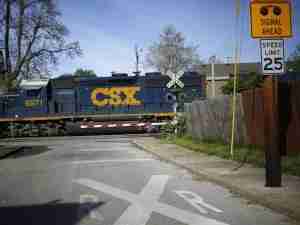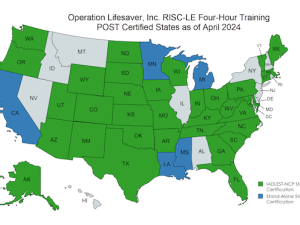Faced with a seemingly intractable situation that has confronted successive governments, Harper agreed to a high-level dialogue with the natives and to have his office t a ke increased responsibility for their issues, Aboriginal Affairs Minister John Duncan said.
"Working together remains the best way to achieve our shared objective of healthier, more prosperous and self-sufficient First Nations," he told a news conference, using the formal name for most of Canada's aboriginal groups.
Hundreds of aboriginal protesters had blocked the main entrance to a downtown building where Harper was preparing to meet about 20 native leaders on Friday, demonstrating their frustration, but also highlighting a deep divide within the country's First Nations on how to push Ottawa to heed their demands.
The noisy blockade, which lasted about an hour, ended just before the meeting, even as other leaders chose to boycott the session with Harper.
Chiefs have warned that the "Idle No More" aboriginal protest movement is prepared to damage the economy unless Ottawa addresses the poor living conditions and high jobless rates facing many of Canada's 1.2 million natives.
Native groups complain that Canada has ignored treaties signed with British settlers and explorers that they say granted them significant rights over their territory.
Ottawa spends about C$11 billion ($11.1 billion) a year on its aboriginal population, but living conditions for many are poor and some reserves have high rates of poverty, addiction, joblessness and suicide.
The Natives are Restless
The meeting was hastily arranged under pressure from an Ontario chief who says she has been subsiding only on fish broth f o r a month. It took place in a building across from Parliament where Harper and his staff work.
Outside in the freezing rain, demonstrators in traditional feathered headgear shouted, waved burning tapers, banged drums and brandished banners with slogans such as "Treaty rights not greedy whites" and "The natives are restless."
Until midday on Friday, it was uncertain if the meeting would go ahead, with many native leaders urging a boycott and others saying it was important to talk to the government.
"Harper, if you want our lands, our native land, meaning everyone of us, over my dead body, Harper, you're going to do this," said Raymond Robinson, a Cree from Manitoba.
"You'll have to come through me first. You'll have to bury me first before you get them," he shouted toward the prime minister's office from the steps outside Parliament.
The aboriginal movement is deeply split over tactics and not all the chiefs invited to the meeting turned up. Some leaders wanted Governor-General David Johnston, the official representative of Queen Elizabeth, Canada's head of state, to participate.
Johnston had declined the invitation, saying it was not his place to get involved in policy discussions. He instead later hosted a ceremonial meeting at his residence.
The elected leader of the natives, Assembly of First Nations National Chief Shawn Atleo, who led the delegation that met with Harper, said in a statement h i s people wanted a fundamental transformation in their relationship with Ottawa. He said they would press for a fair share of revenues from resource development as well as action on schools and drinking water.
The meeting did not resolve those issues, but Matthew Coon Come, grand chief of the Crees, praised Harper's pledge to consult. "The (commitment to) high-level dialogue for me was the highlight," Coon Come told CBC television.
Banged on the Door
Gordon Peters, grand chief of the association of Iroquois and Allied Nations in Ontario, threatened before the meeting to "block all the corridors of this province" next Wednesday unless natives' demands were met. Ont







